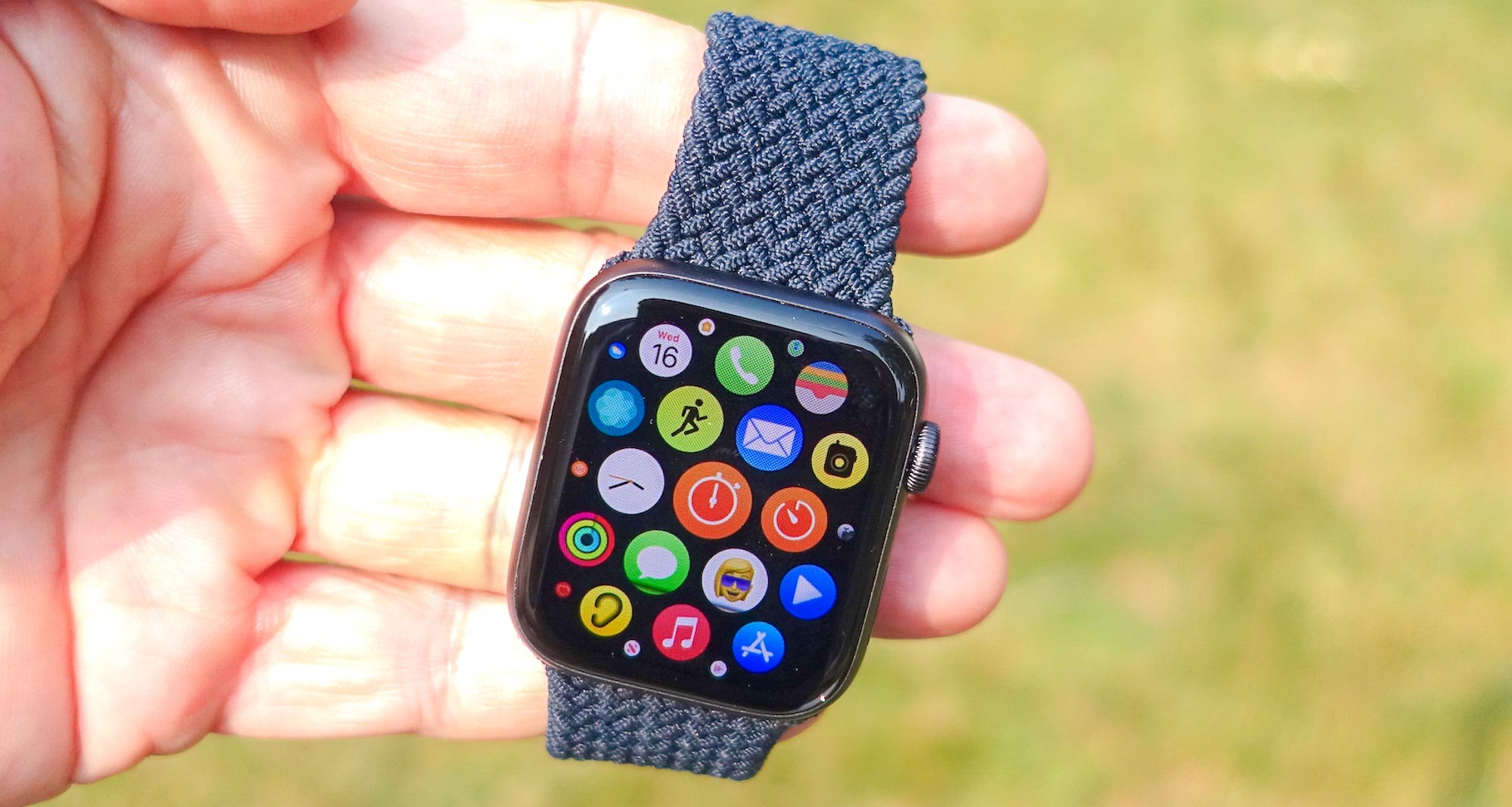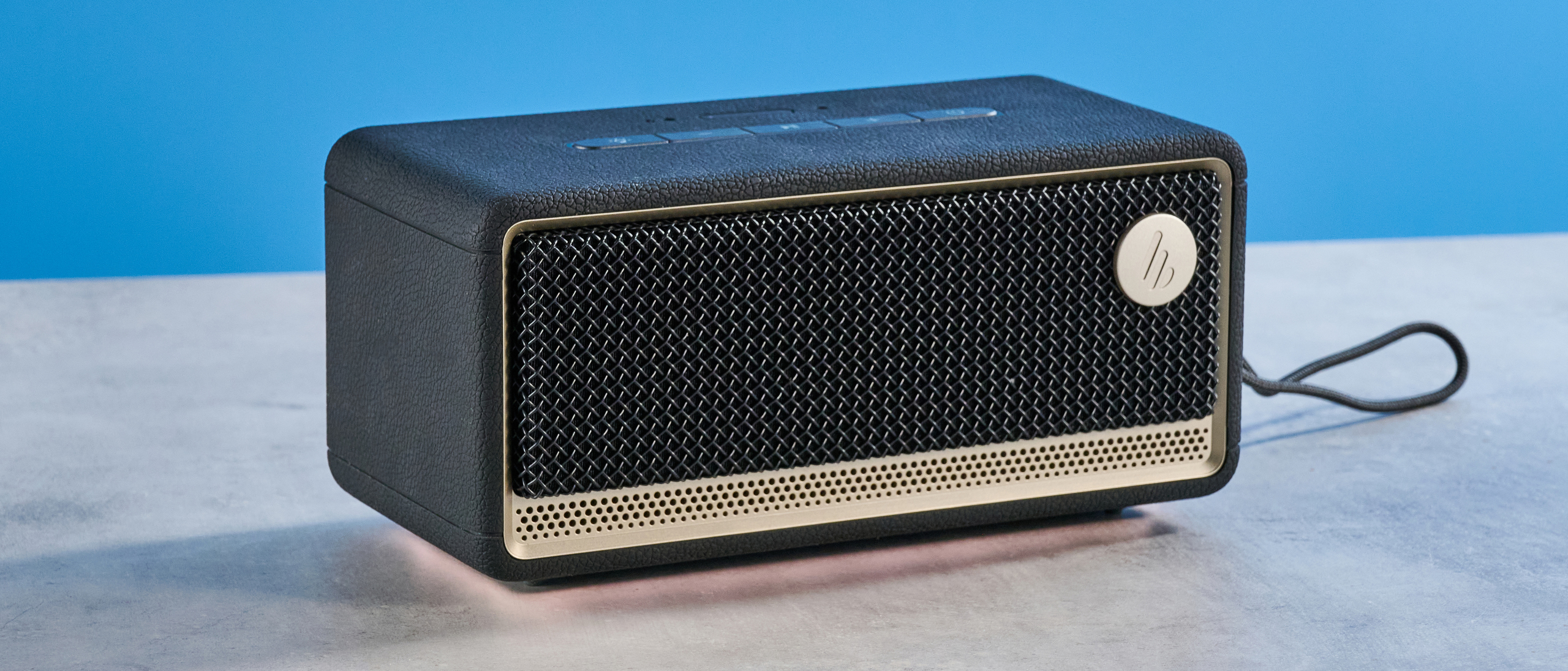Your next Apple Watch could measure blood sugar and alcohol levels — here's how
The 2022 Apple Watch could feature blood sugar tracking and may measure alcohol, too

The Apple Watch 7 isn't expected until this fall, but the model after that is already looking more exciting. Rumors of Apple trying to incorporate some kind of blood sugar monitoring for the Apple Watch date all the way back to 2017, and CEO Tim Cook was even reportedly seen wearing a prototype device around the company campus.
Four years later, the Apple Watch tracks myriad health stats, but blood sugar levels still aren’t present without additional, expensive specialist hardware. It seems that that could change soon, with evidence not coming from Apple itself, but from a startup that’s about to go public.
- The best smartwatches you can buy
- Apple Watch 6 vs. Samsung Galaxy Watch 3: Which smartwatch is best?
- PLUS: Apple AirTags have been ready for years — here’s the proof
The Telegraph uncovered SEC documents from UK company Rockley Photonics that not only reveals Apple to be its largest customer, but that it’s also responsible for the huge slice of its income for two years running.
“Rockley believes that its operating results for the foreseeable future will continue to depend to a significant extent on revenue attributable to a few large customers, including Apple Inc., Rockley’s largest customer,” the listing reads. “Rockley’s two largest customers collectively accounted for 100% and 99.6% of Rockley’s revenue in 2020 and 2019, respectively.”
The company makes sensors which read multiple blood signals without the use of medical equipment, including lactate, alcohol, carbon monoxide, blood pressure, blood oxygen, core body temperature and glucose. It’s likely the last of these that is of special interest to Apple, given the more recent blood glucose rumors for the Apple Watch 7.
Unfortunately, it sounds like that could be a little too soon.
Apple Watch 8 killer feature?
Rockley CEO Andrew Rickman told The Telegraph that he expects its technology to be in consumer products next year, though he would not be drawn on whether it would be in an Apple product or not. That lack of transparency is unsurprising given the level of secrecy Apple requires from its suppliers and partners.
Get instant access to breaking news, the hottest reviews, great deals and helpful tips.
The filing makes it clear why Apple would be interested in working with Rockley, with the company boasting of “lasers [with] up to 1,000,000 times higher resolution, 1,000 times higher accuracy and 100 times broader range in wavelengths compared with existing LED offerings in wearable solutions.” This, the company says, will help it “address existing applications in consumer wearable devices with significantly higher resolution, accuracy and range.”
Reliable, non-invasive blood glucose analysis would be a game changer for diabetics. As we wrote back in November, the current generation of Apple Watches can work with continuous blood sugar tracking devices, but it’s enormously expensive. Something like Dexcom will set you back $245 for transmitters and $1,035 for three months’ worth of disposable sensors, for example.
But blood sugar tracking isn’t just of interest to diabetics, and it could offer interesting analytics for those looking to eat better and lose weight. Depending on reliability, that may well end up being how Apple promotes the sensor.
This assumes the sensor tech is ultimately viable, of course. Even if it works reliably and is convenient for users, there are other concerns at play, including what the additional sensors would do to both price and battery life. Perhaps that’s why this is currently pegged as a 2022 product, rather than being unveiled in this year’s Apple Watch 7.
Freelance contributor Alan has been writing about tech for over a decade, covering phones, drones and everything in between. Previously Deputy Editor of tech site Alphr, his words are found all over the web and in the occasional magazine too. When not weighing up the pros and cons of the latest smartwatch, you'll probably find him tackling his ever-growing games backlog. He also handles all the Wordle coverage on Tom's Guide and has been playing the addictive NYT game for the last several years in an effort to keep his streak forever intact.
 Club Benefits
Club Benefits






